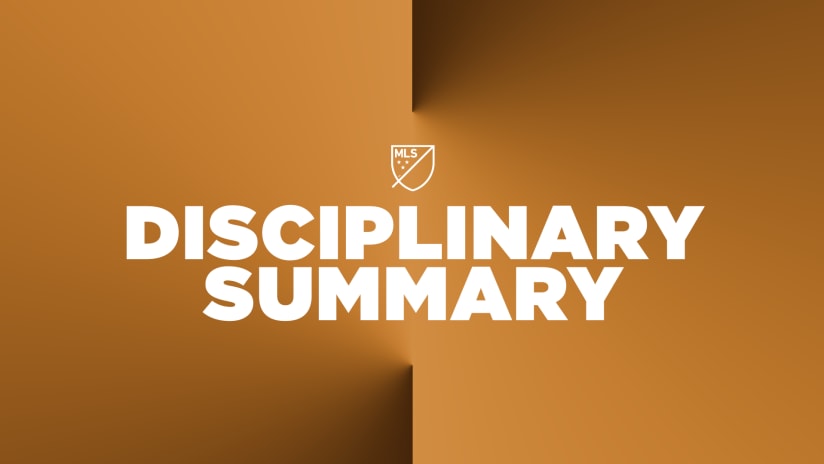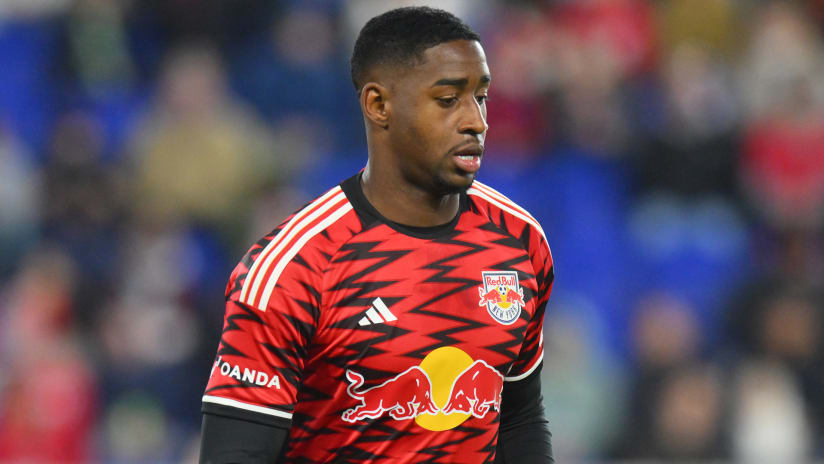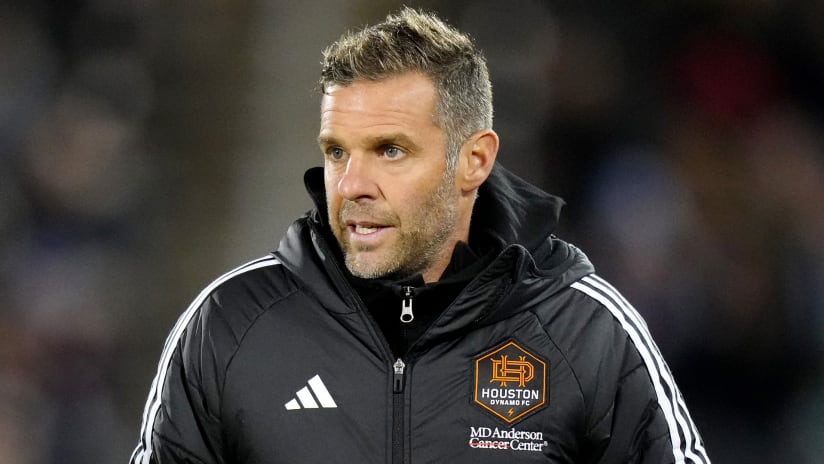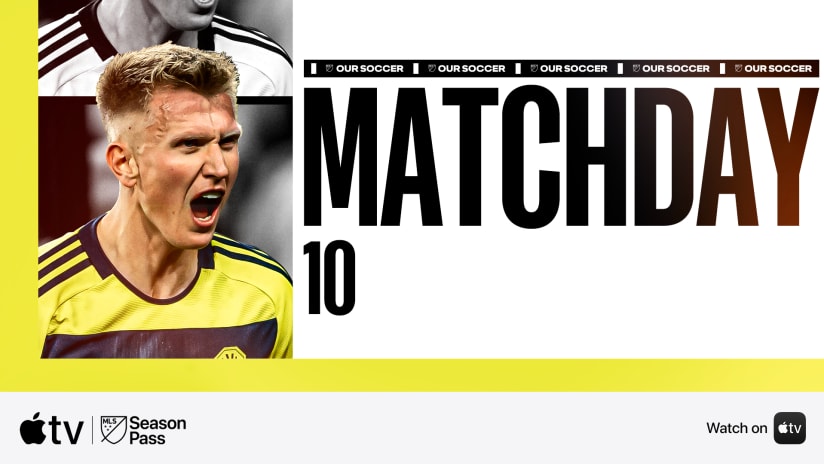CONCACAF's marquee competition kicks off on July 7. For comprehensive 2015 Gold Cup coverage, bookmark this page.
The stereotype is that, when it comes to sports, Canadians love one thing: hockey.
The reality is that the one thing Canadians love is a winner—or at least, a team perceived as having a good chance at winning something meaningful.
We’ve seen that in full force over the last few weeks during the Women’s World Cup in the great white north, as Canadians—many of whom could count the number of women’s soccer games they’d ever watched on one hand, and have numerous fingers left over—suddenly began living and dying by the results of the home team.
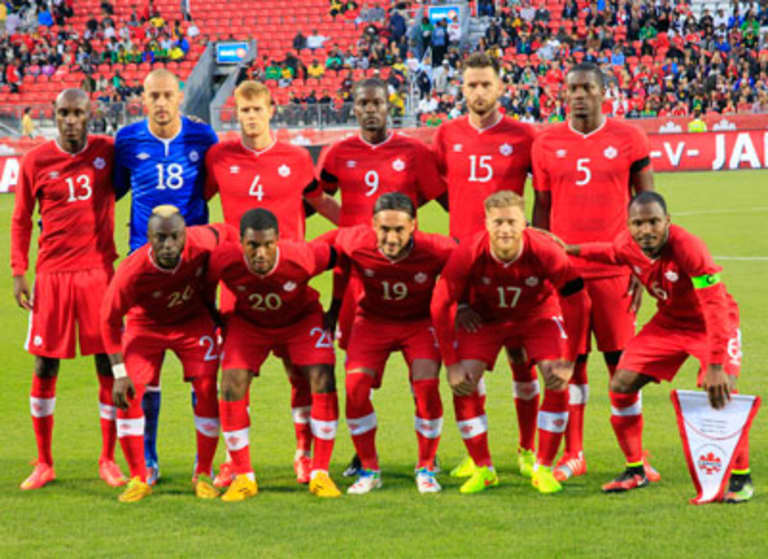
The nationwide love-in was fueled, in part, by a years-long narrative suggesting that Canada, after unexpectedly claiming an emotional bronze medal at the 2012 Olympics, was destined for greatness at home in the 2015.
That was the perception. The reality was that the team won less than half of its games between the Olympics and the World Cup (18 wins, six draws and 13 losses) and, importantly, only two of those wins came against teams higher in the FIFA rankings. Still, the nation turned up, tuned in and believed because of the perception that Canada was on the verge of big things.
And while the post-Olympics perception of the women’s national team provided them with a wave of goodwill upon which they could ride into the World Cup, another event from 2012 drove the Canadian men’s national team to the precipice of irrelevance on the national sporting scene.
While Benito Floro’s team heads into the CONCACAF Gold Cup riding a five-game unbeaten streak and showing real signs of positive momentum, the most readily-accessible memory of the team in the minds of most Canadian sports fans continues to be their exit from the last cycle of World Cup qualifying: the disastrous 8-1 loss to Honduras in San Pedro Sula.
The Canadian men’s national team—for only the third time in their history, after the 1986 World Cup and the 2000 Gold Cup—were literally front-page news. But this time, it was for the worst possible reason.
There is only one way for the team to climb back to some standard of respectability and change the way Canadians look at them. Talk won’t do it. Positive results in friendlies won’t do it. It all comes down to earning big results in games that matter.
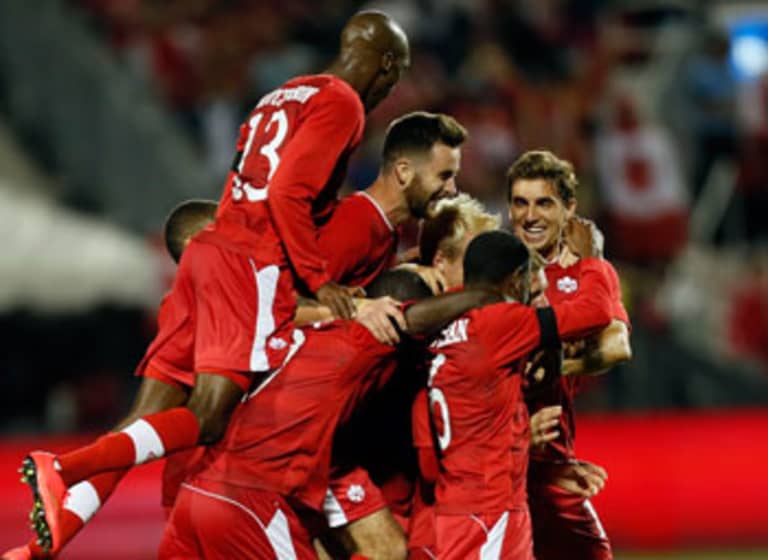
The ultimate prize is, of course, getting back to the World Cup. And, granted, the Gold Cup doesn’t have the same cultural prestige or influence as the Olympic Games do. But there’s one other very important prize on the line for Canada at this tournament – a spot at the 2016 Copa America Centenario.
Through one of CONCACAF’s trademark quirks in planning, every single team in the region had two chances to qualify for next year’s unprecedented, pan-American extravaganza – except for Canada. Going deep in the Gold Cup (exactly how deep depends on the performance of the other qualified teams) is Canada's only chance at making it to the Centenario.
Remember, Canadian sports fans love winners. They love big productions. It’s why soccer is stupendously popular in the country; someone is always doing something big somewhere in the world. Look at the number of soccer fans in Canada (not to be confused with “Canadian soccer fans,” a much smaller and even weirder group) who’ll ravenously consume the output of clubs in far-flung places they’ve never visited, but scoff at the idea of actually supporting their own men’s national team.
But throw Canada into this big production, alongside Colombia and Brazil and Argentina and the rest of CONMEBOL's global heavyweights, and all of a sudden you’re on the road to changing some minds about whether Canada's national team is worth supporting.
Of course, getting run off the field and losing 5-0—which is what happened the last time Canada played Argentina—would simply confirm the suspicions of many fans, who’d readily retreat back into their smug, dismissive attitudes. But as the old saying goes—nothing ventured, nothing gained.
And there’s no guarantee those blowouts would happen, either. The team is playing a smarter, more organized style under Floro. As well, Jamaica (a team Canada defeated 3-1 this past September) just held Argentina, Uruguay and Paraguay to respectable 1-0 scorelines at Copa America.
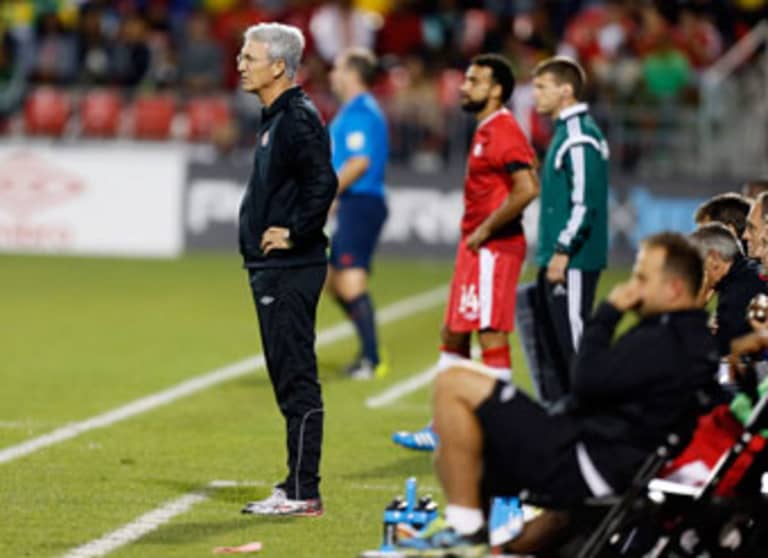
- Gold Cup preview: Costa Rica are the favorites in Group B free-for-all
So hey, who knows?
But that quest for a breakthrough with the general public begins at this Gold Cup. If Costa Rica win their three games in Group B and Canada can notch victories vs. Jamaica and El Salvador (hardly guaranteed, but definitely doable), the Canadians will find themselves in a winnable quarterfinal matchup with Guatemala, Trinidad and Tobago or Cuba.
And while that would likely be enough to earn a spot at the Copa America Centenario, a run to the Gold Cup semifinals could, in and of itself, be enough to capture some imaginations among the Canadian soccer community.
It wouldn’t be definitive proof that Canada will find its way to Russia 2018, or that the underlying problems plaguing the program for years have been fixed. But for a Canadian sporting public itching to find solace after a disappointing end to the Women’s World Cup, a good Gold Cup run would provide some evidence that the men’s program is worthy of their attention in the years to come.
For Canada’s long-ignored and oft-derided men’s program, such a shift in perception would be more than welcome. But it can ultimately only be earned with results on the field – starting at the Gold Cup.


